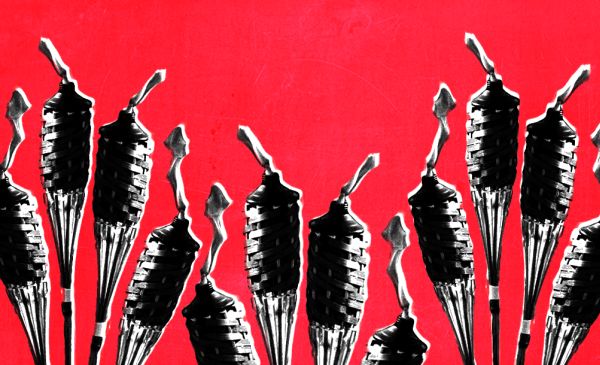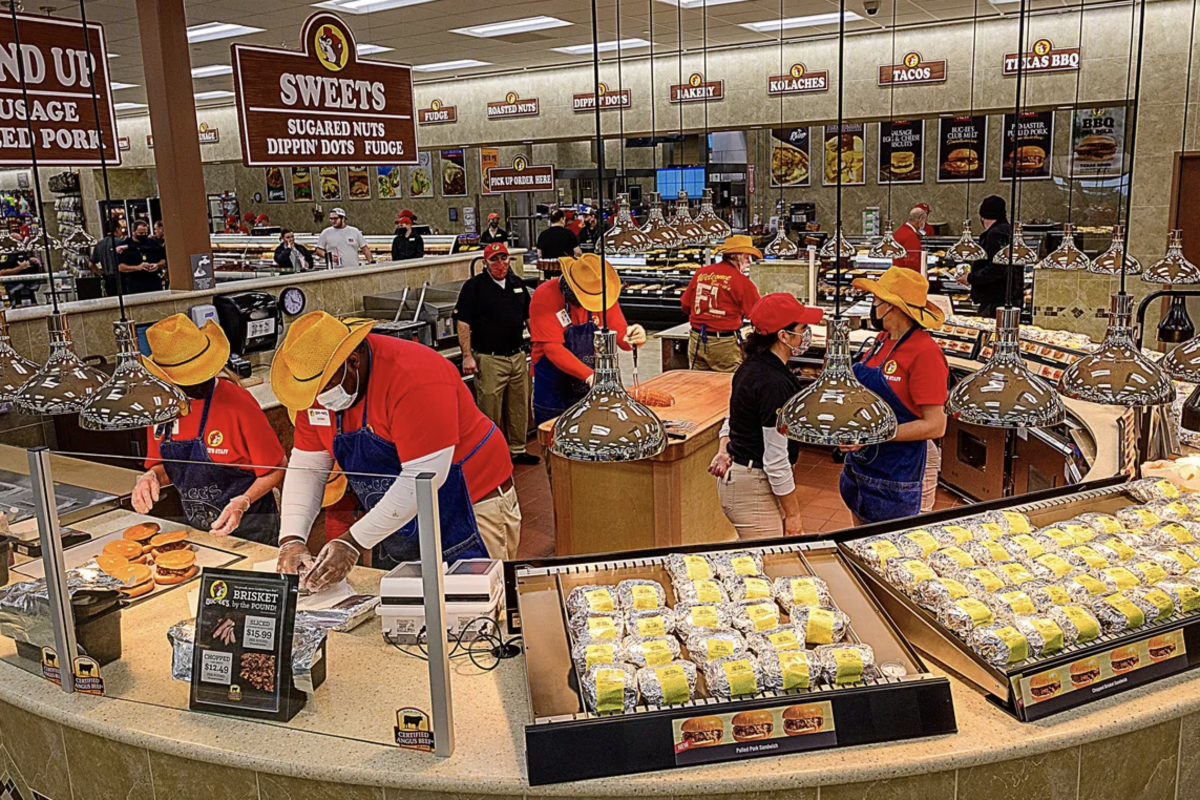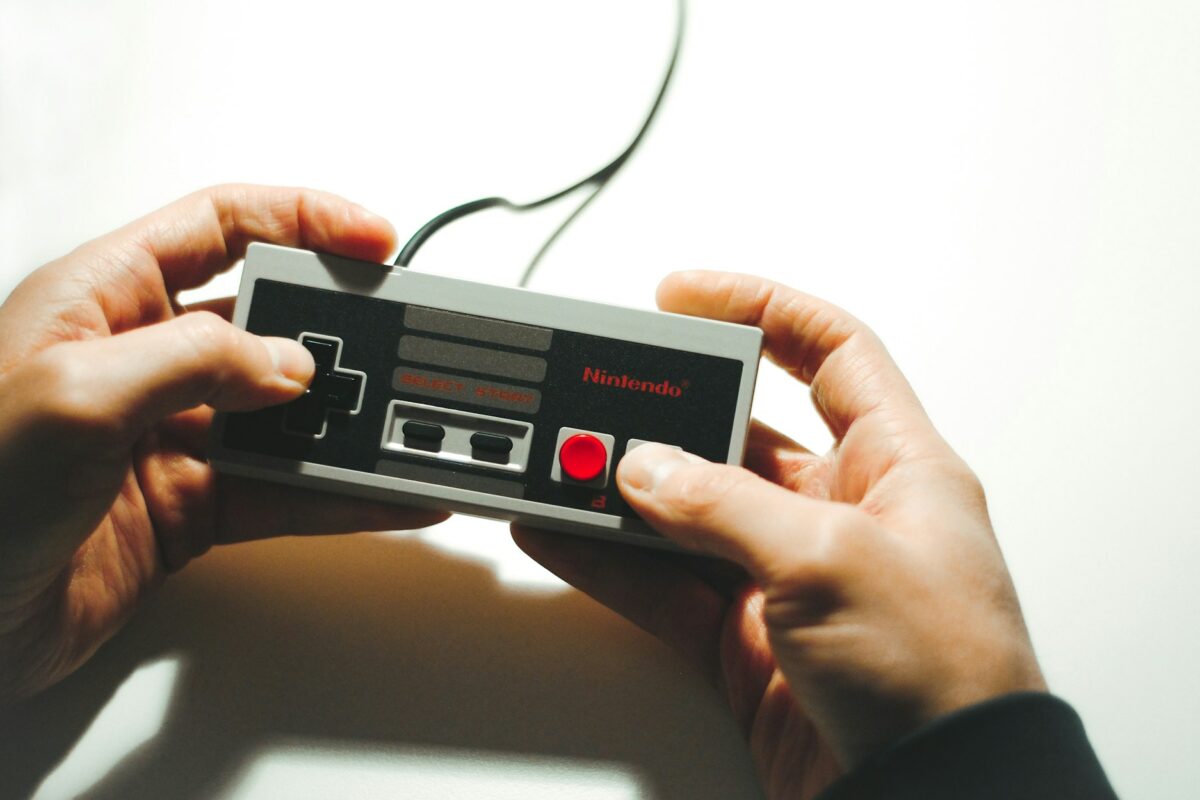
What a strange time for brands. Especially here in the United States. Earlier this week, actress Roseanne Barr posted an offensive and racist tweet which resulted in ABC cancelling her hugely successful show. In the hours following, she laid some of the blame on Ambien, a sleep medication made by pharmaceutical brand Sanofi.
Sanofi responded on Twitter saying, “People of all races, religions and nationalities work at Sanofi every day to improve the lives of people around the world. While all pharmaceutical treatments have side effects, racism is not a known side effect of any Sanofi medication.” While I’ll admit, the response was a fantastic, witty clapback (with 64k retweets), do brands always need to respond?
Earlier this year, in Charlottesville, white supremacists marched carrying Tiki Brand torches, wearing New Balance tennis shoes and Fred Perry polo shirts, prompting all brands to issue some kind of a response. The Tiki Brand said on Twitter, “TIKI Brand is not associated in any way with the events that took place in Charlottesville and are deeply saddened and disappointed,” the company wrote on its Facebook page. “We do not support their message or the use of our products in this way.” I find it hard to believe that a rational person would believe any brand would sponsor a white supremacist march, but obviously the brand managers were that concerned!
And in 2016, Donald Trump Jr. used a meme that compared Syrian refugees to Skittles candy, prompting one of the more measured responses from a brand in the post-Trump era. Wrigley, who owns Skittles, issued this response, “Skittles are candy. Refugees are people. We don’t feel it’s an appropriate analogy. We will respectfully refrain from further commentary as anything we say could be misinterpreted as marketing.”
And this is just three examples. There are plenty more where brands find themselves dragged into a conversation that is often related to some opinion, belief, policy, or worldview that, at best, pits one side against the other in the left-right political paradigm, and at worst, is intended to fan the flames of dangerous and repugnant ideologies.
At least here, in the United States of Outrage, there seems to be a rush for people and brands to disavow, repudiate, weigh-in and comment on anything that seems (or is) offensive and controversial. Do people really care? Indeed, as many of Roseanne’s cast took to Twitter to condemn her offensive tweet, John Goodman offered the best response, explaining that he would “rather say nothing than to cause more trouble.” I wish more brands (and people) were like John Goodman.
Oprah, too, had a great response when President Trump took a few shots at her following her impassioned Golden Globes speech. The entire country seemed perched waiting for the ultimate, eloquent, sophisticated and sharp takedown, but Oprah chose to rise above, saying, “I woke up, and I just thought, I don’t like giving negativity power, so I just thought, what?” And that was the end of it. No controversy, no clapback or smack down.
In our overly sensitive culture, bursting with endless moral posturing and virtue signaling, it might be tempting for brands to give the people what they want, and ride a great big wave of positive social sentiment. But I caution restraint. At least to me, there’s only one question brands need to answer to decide whether or not to jump into a charged conversation: Do you need to take a defensive position?
More times than not, the answer will be no.
In the case of Sanofi and Wrigley, I do not believe either brand needed to take a defensive position, and thus, did not need to enter into the conversation. While I love their responses, they weren’t necessary to protect their brands. But, for those brands associated with Charlottesville, the risk of becoming a ‘uniform’ associated with white supremacists was too great to not offer a response.
Which brings us to a question every brand should have an answer for; ‘what criteria do you have for charged conversations?’
The Blake Project Can Help: Content Strategy Workshop
Branding Strategy Insider is a service of The Blake Project: A strategic brand consultancy specializing in Brand Research, Brand Strategy, Brand Licensing and Brand Education




